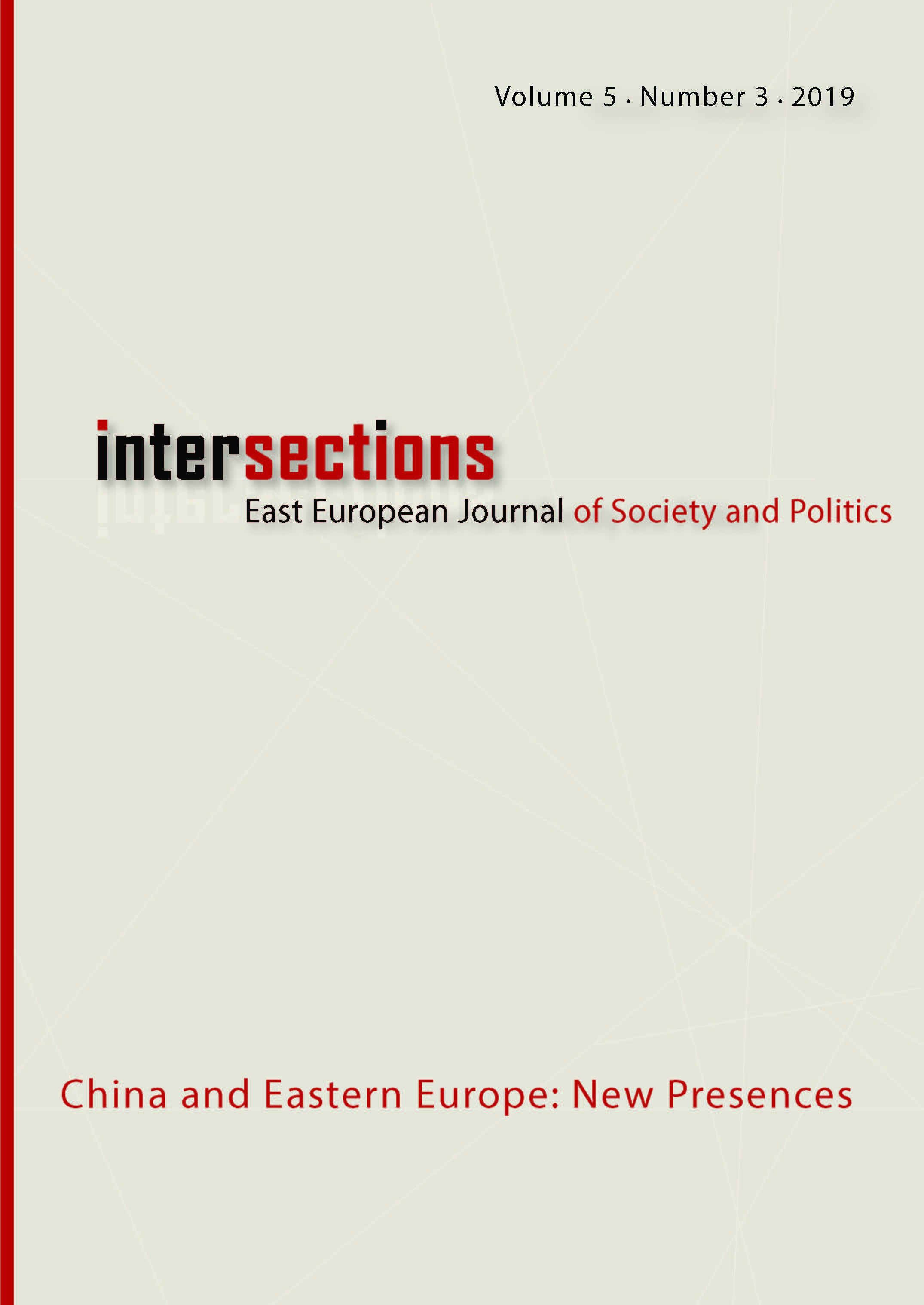The Politics of Manufactured Crisis. Political Entrepreneurship and the Fiscal Wars of the Early 2010s in the U.S.
The Politics of Manufactured Crisis. Political Entrepreneurship and the Fiscal Wars of the Early 2010s in the U.S.
Author(s): Miklós SebőkSubject(s): Economic policy, Financial Markets, Fiscal Politics / Budgeting
Published by: MTA Társadalomtudományi Kutatóközpont Kisebbsegkutató Intézet
Keywords: Political entrepreneurship; manufactured crisis; policy studies; Tea Party; fiscal policy
Summary/Abstract: It is a widely used assumption in the literature on political decision-making that leaders ‘choose their battles’ according to their interests. This strategic approach often results in seemingly ‘fake crises’; crises which are – as opposed to natural disasters – not exogenous in nature. These crises are exceptional in that they are avoidable and are the product of political entrepreneurs following deliberate agendas. In this paper, the logic of crisis manufacturing is illustrated by a case study of the ‘fiscal wars’ of 2011–2013. The case study shows how, given the right institutional environment, political entrepreneurs, even those outside the political mainstream, can use crisis manufacturing to their advantage. In order to exploit the institutional veto points related to fiscal policy in the U.S. constitutional system, various actors associated with the Republican Party and the Tea Party movement used a networked, coalition-based approach to reach these goals. Although their quest to instill a regime of fiscal conservatism was eventually unsuccessful, they did manage to raise their national profile and set the policy agenda for an extended period.
Journal: Intersections. East European Journal of Society and Politics
- Issue Year: 5/2019
- Issue No: 3
- Page Range: 73-96
- Page Count: 24
- Language: English

